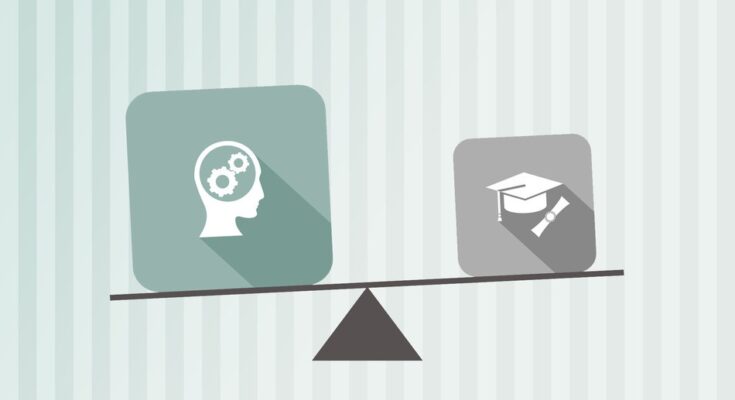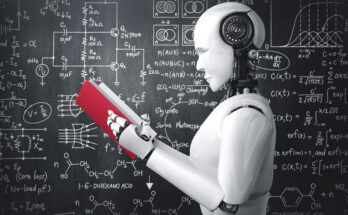A college degree has been considered the ultimate ticket to career success for decades. It symbolized knowledge, dedication, and a pathway to higher-paying jobs. However, the job market has shifted from academic qualifications to practical skills in recent years. Employers are increasingly prioritizing what candidates can do over the degrees they hold. This shift is sparking a meaningful conversation: Is the education system evolving to emphasize skills over degrees?
The Rise of the Skills Economy
Today’s fast-changing economy, driven by technology and innovation, requires workers to have adaptable, real-world skills. Companies in industries such as technology, marketing, and design now place more excellent value on candidates who can demonstrate problem-solving abilities, creativity, communication, and technical proficiency—regardless of whether they have a formal degree.
For example, major tech companies like Google, IBM, and Apple have publicly stated that they no longer require applicants to hold a traditional four-year degree. Instead, they focus on practical coding skills, creative thinking, and a proven ability to apply knowledge in real-world scenarios. This trend is also visible in creative fields like graphic design, writing, and digital marketing, where portfolios often matter more than formal qualifications.
The Role of Alternative Education
As the demand for skills rises, new educational pathways are emerging. Online courses, bootcamps, micro-credentials, and certificate programs allow learners to quickly acquire job-ready skills at a fraction of the cost of a traditional degree. Platforms like Coursera, edX, and LinkedIn Learning offer specialized programs designed in collaboration with industry leaders, ensuring students learn exactly what employers need.
This shift has made education more accessible and customizable. Learners can now focus on building specific skills relevant to their career goals rather than spending years in broad academic programs. This flexible approach appeals primarily to working adults looking to upskill or career changers aiming to enter new fields.
Is the Education System Keeping Up?
While the demand for skills-based learning is apparent, traditional educational institutions struggle to keep pace. Universities and colleges still rely heavily on standardized curriculums emphasizing theoretical knowledge over practical application. Many degree programs are slow to adapt to the rapidly changing needs of the job market, leaving graduates with knowledge gaps when they enter the workforce.
However, some forward-thinking institutions are beginning to adapt. They incorporate internships, project-based learning, and company partnerships to give students hands-on experience. More schools also offer hybrid degrees that combine traditional academics with industry-recognized certifications, blending theory and practical skills.
What This Means for the Future
The growing emphasis on skills does not necessarily mean that degrees will become obsolete. Formal education will always be essential in fields like medicine, law, and engineering. However, for many other careers, employers will continue to favor candidates who can show their abilities through portfolios, practical tests, and work experience.
Ultimately, the future of education is likely to be more flexible and personalized. A blended approach that combines skill-building with foundational knowledge may become the new norm. As technology and industries continue to evolve, the education system must evolve too, preparing students not just for exams but for the real challenges of the modern workplace.



